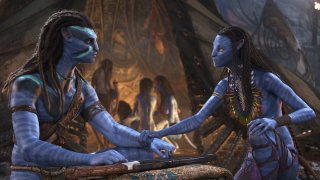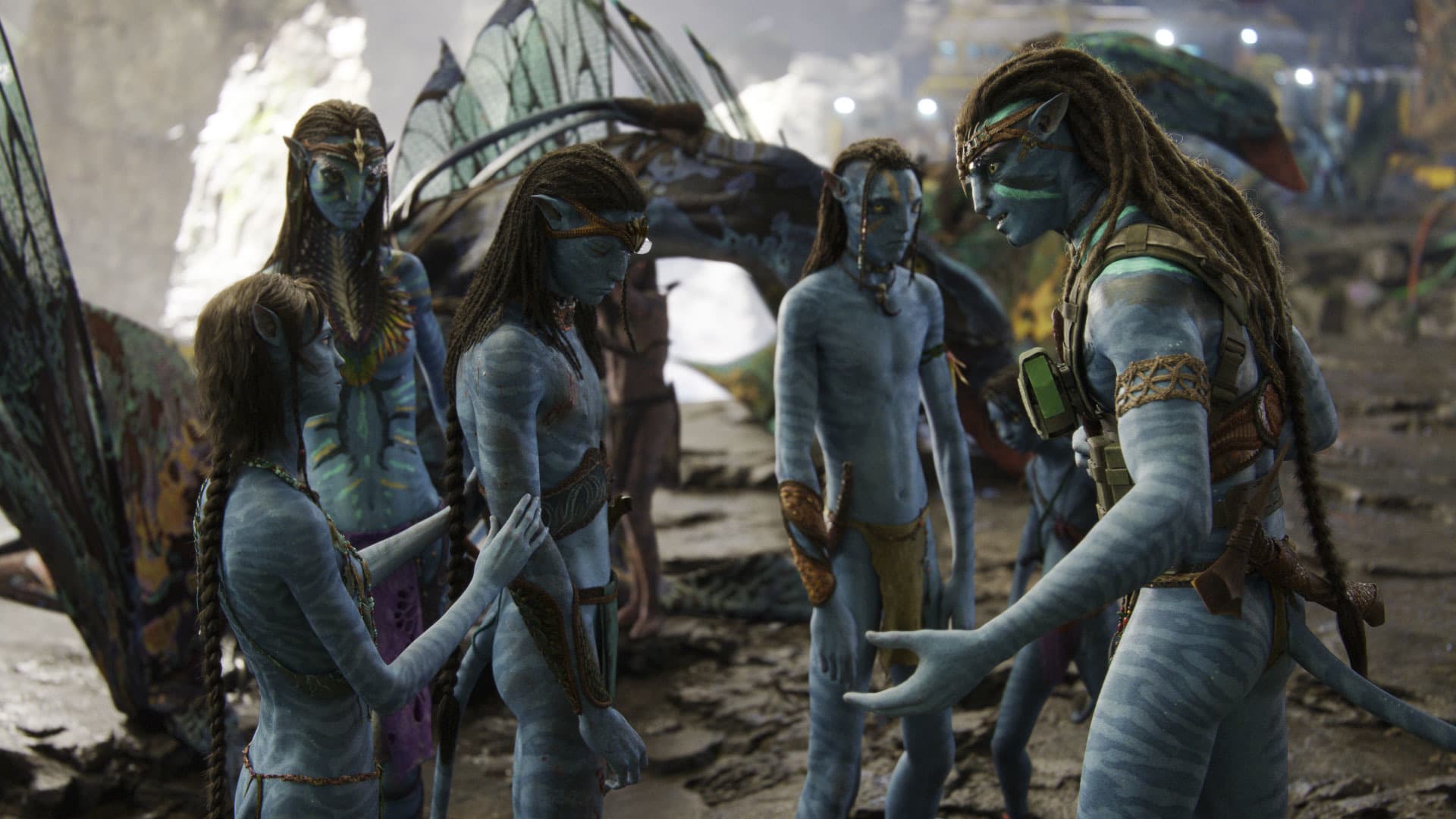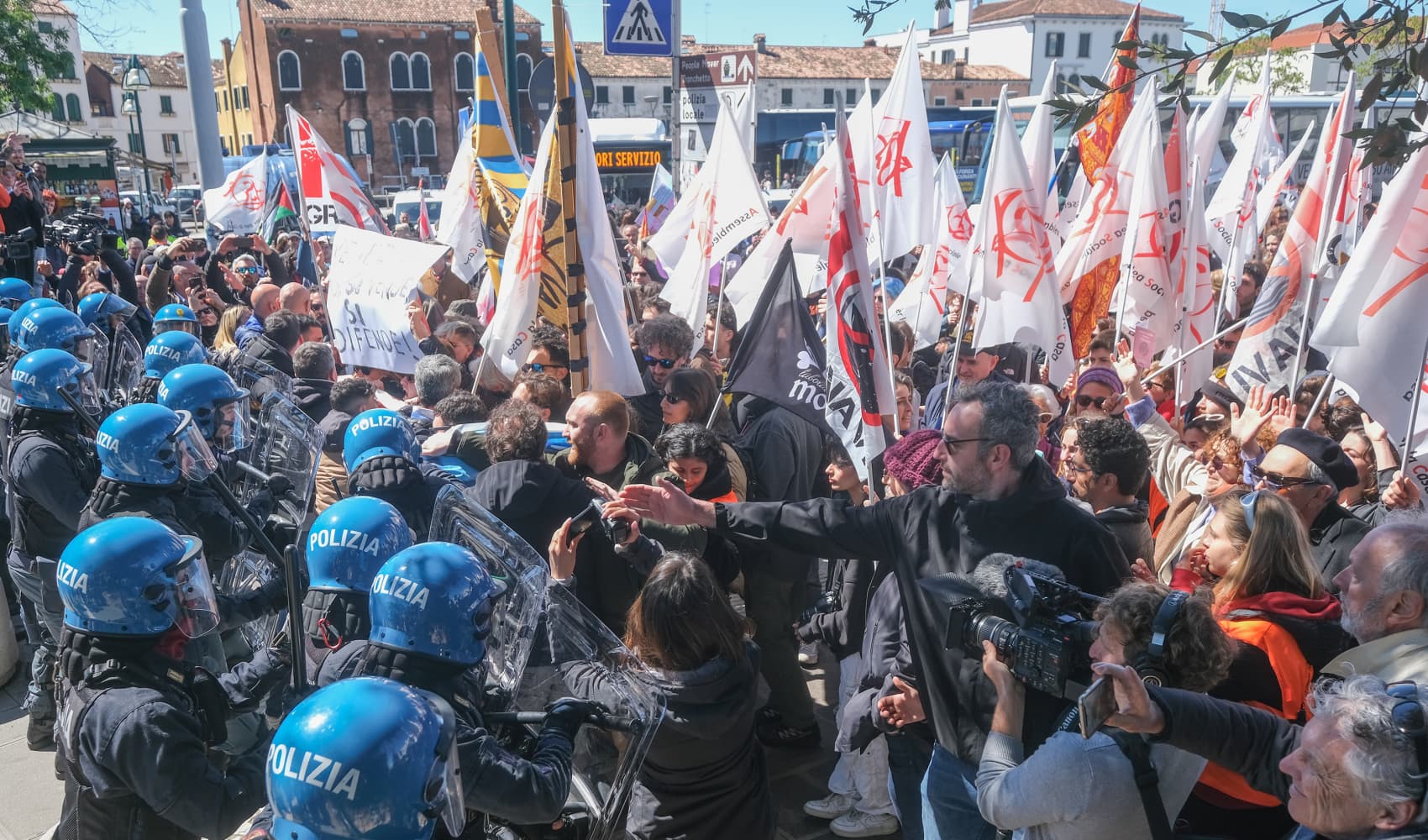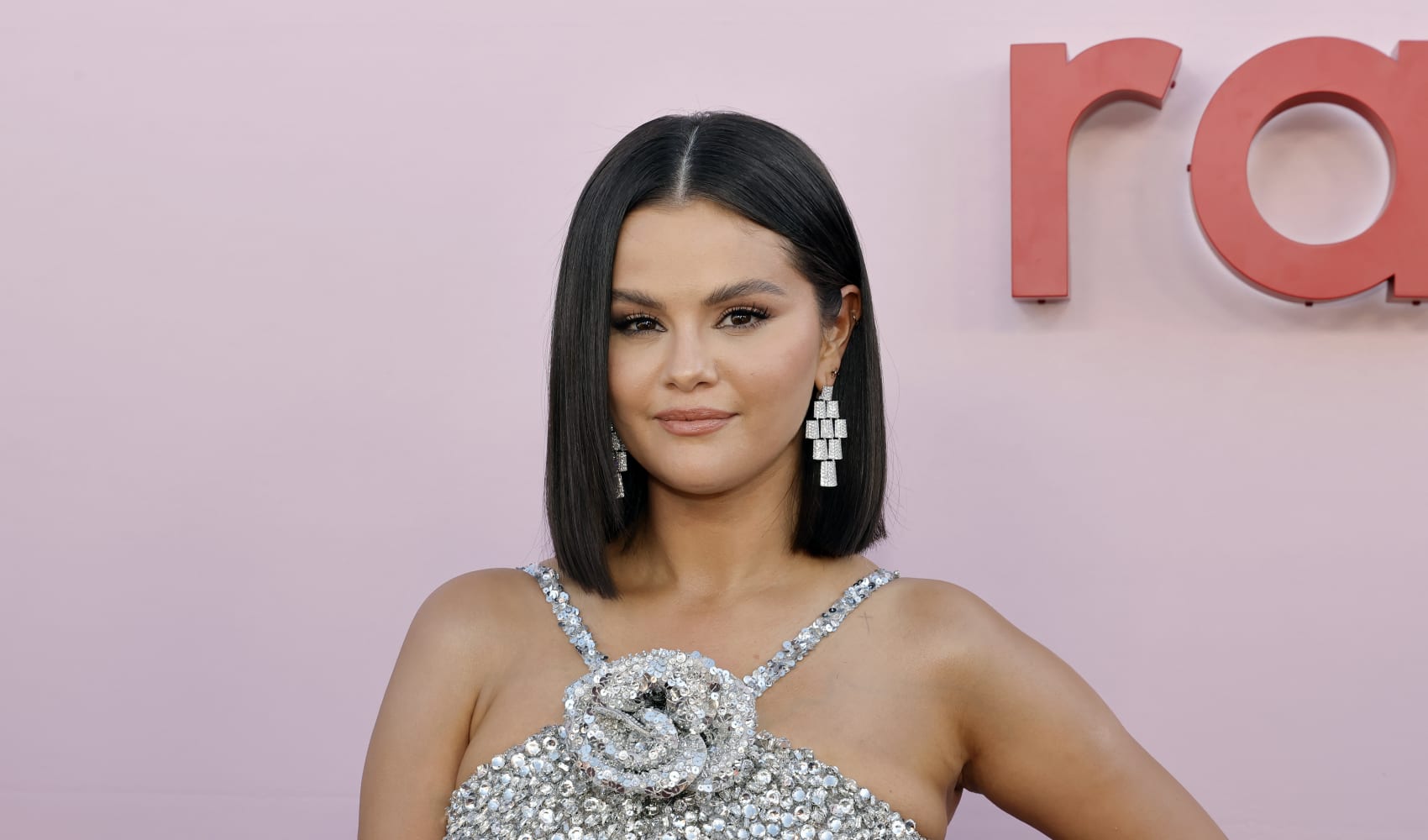
Last week, Avatar: The Way of Water surpassed $1 billion in ticket sales, making it the second-highest-grossing film of 2022. But Indigenous people's recent calls for a boycott have stopped some people from tuning in.
In a tweet with over 45,000 likes, Indigenous activist and graphic artist Yuè Begay called on viewers to boycott the "horrible and racist" film, saying that it appropriated Native and Indigenous cultures in a "harmful" manner. Begay urged people to show their support for marginalized communities by donating to Black and Indigenous relief funds and amplifying Indigenous voices instead.
While many Twitter users voiced their support for Begay's call to action, many people expressed their disagreement, saying that boycotting the film would be "crazy," "ridiculous," and "nonsensical."
This all comes after offensive comments director James Cameron made in 2010 resurfaced on social media.
Get DFW local news, weather forecasts and entertainment stories to your inbox. Sign up for NBC DFW newsletters.
'I felt like I was 130 years back in time watching what the Lakota Sioux might have been saying at a point when they were being pushed and they were being killed and they were being asked to displace and they were being given some form of compensation," Cameron said in an interview with The Guardian.
"This was a driving force for me in the writing of Avatar – I couldn't help but think that if they [the Lakota Sioux] had had a time-window and they could see the future… and they could see their kids committing suicide at the highest suicide rates in the nation… because they were hopeless and they were a dead-end society – which is what is happening now – they would have fought a lot harder."
Though Cameron has drawn inspiration from Native American groups for the Avatar franchise, most of the actors in the films are non-indigenous.

According to Chase Iron Eyes, an activist and attorney for the Lakota People's Law Project, Indigenous people just want a seat at the table.
Money Report
"He could give us a call. He could give me a call [or] any number of organizations, institutions, and indigenous storytellers," Iron Eyes tells CNBC Make It. "Give an Indian a call. Involve us. This is the difference between agency and representation."
Critics are also calling out 'blueface,' a "racist caricature" seen throughout the movie that's being deemed as racial exploitation against Native and Indigenous communities.
"Blueface refers to the practice of redface. You've seen it in every high school, every college, or professional team that has an "Indian" mascot," Iron Eyes explains. "We've seen drunk fans donning redface and headdresses at Kansas City Chiefs games [before it was banned.] It's a textbook racial slur that Native people have been telling America about and it falls on deaf ears."
Iron Eyes further explains that having non-Indigenous people dress up in blue costumes to "characterize their songs, dances, and language" is an act of usurpation that we've seen from "colonial culture" throughout history.
It is unclear whether Cameron consulted with Native people before shooting the film, as Indigenous critics seem to think otherwise. CNBC Make It reached out to James Cameron's agent and production company for comment but has yet to receive a response.
Despite the criticism, Iron Eyes says that there's one particular theme in the film that was accurate.
"That connection that you see with the Na'vi and their surrounding natural, elemental universe, we still carry that relationship with 'Eywa' in the film, [except] we call it 'TakuSkanSkan.' We have a whole set of knowledge systems that have been passed down for we don't really know how long… We're talking beyond millennia, eons maybe. And because indigenous nations respect that relationship, we still uphold those sacred covenants which were passed to us."
Check out:
39-year-old self-made millionaire: 'Success isn't owned, it's rented. And rent is due every day'
How this 31-year-old tech worker built a community to help her peers bounce back from layoffs
Meet a 39-year-old founder helping Black boys transform their lives through tech and mentorship
Sign up now: Get smarter about your money and career with our weekly newsletter






